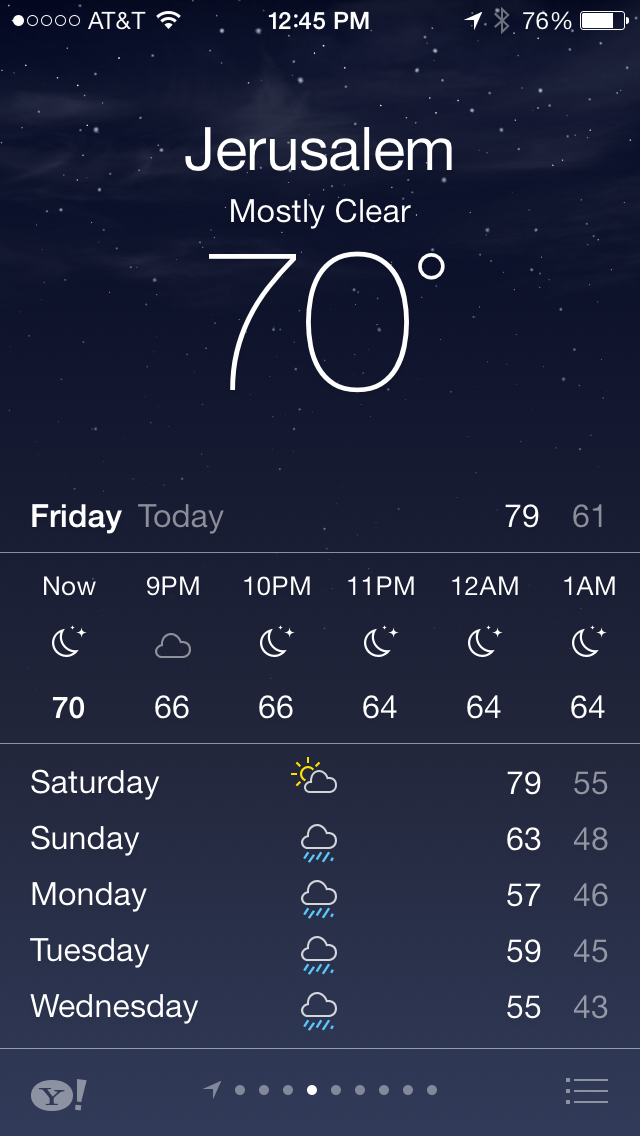Just before the nation of Israel crossed over the Jordan River to begin their assault on the land of Canaan, Moses spoke to the people and described to them the land they were about to inherit. In Deuteronomy 11, Moses says:
And if you will indeed obey my commandments that I command you today, to love the Lord your God, and to serve him with all your heart and with all your soul, he will give the rain for your land in its season, the early rain and the later rain, that you may gather in your grain and your wine and your oil. And he will give grass in your fields for your livestock, and you shall eat and be full. Take care lest your heart be deceived, and you turn aside and serve other gods and worship them; then the anger of the Lord will be kindled against you, and he will shut up the heavens, so that there will be no rain, and the land will yield no fruit, and you will perish quickly off the good land that the Lord is giving you. - Deuteronomy 11:13-17
 In general, the land of Israel has two weather seasons: the wet season and the dry season. The wet season starts in mid-October and lasts until mid-April. Moses mentions this when he says, "He will give the rain for your land in its season." This rainy season is bookended by periods of heavy rain in October/November and March/April. Moses even mentions this when he says "the early and the later rain".
In general, the land of Israel has two weather seasons: the wet season and the dry season. The wet season starts in mid-October and lasts until mid-April. Moses mentions this when he says, "He will give the rain for your land in its season." This rainy season is bookended by periods of heavy rain in October/November and March/April. Moses even mentions this when he says "the early and the later rain".
Earlier today, I was looking at the weather app on my phone. In that app, I have programmed in a number of cities that are of special interest to me. Of course, one of those cities is Jerusalem. I noticed that the five-day forecast for Jerusalem predicts rain for four of the next five days. The later rains of this wet season is about to begin. The same way that it has for thousands of years.


